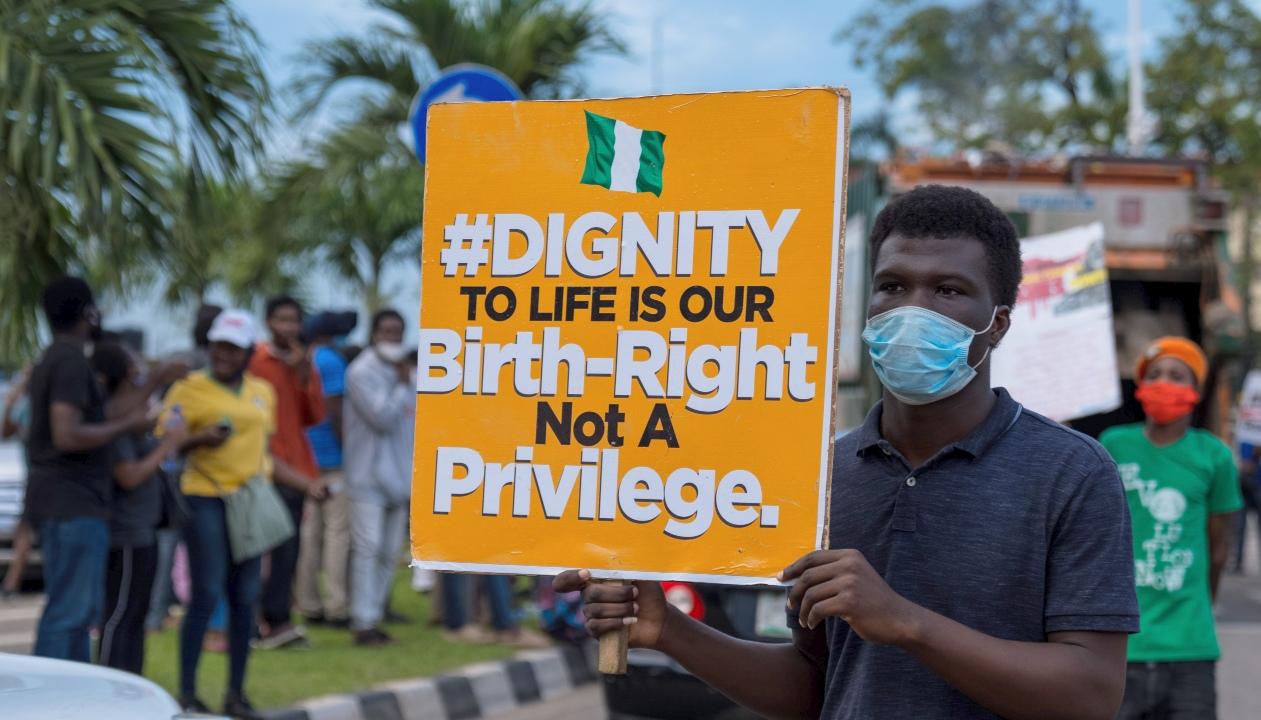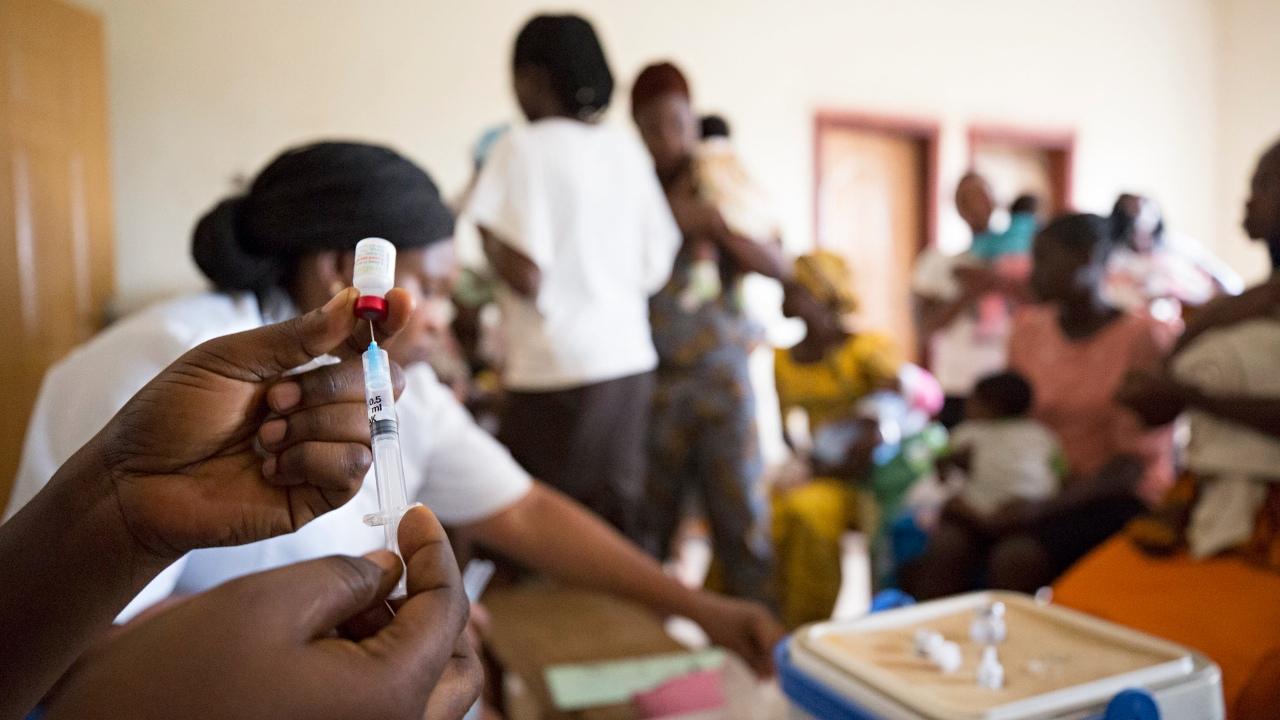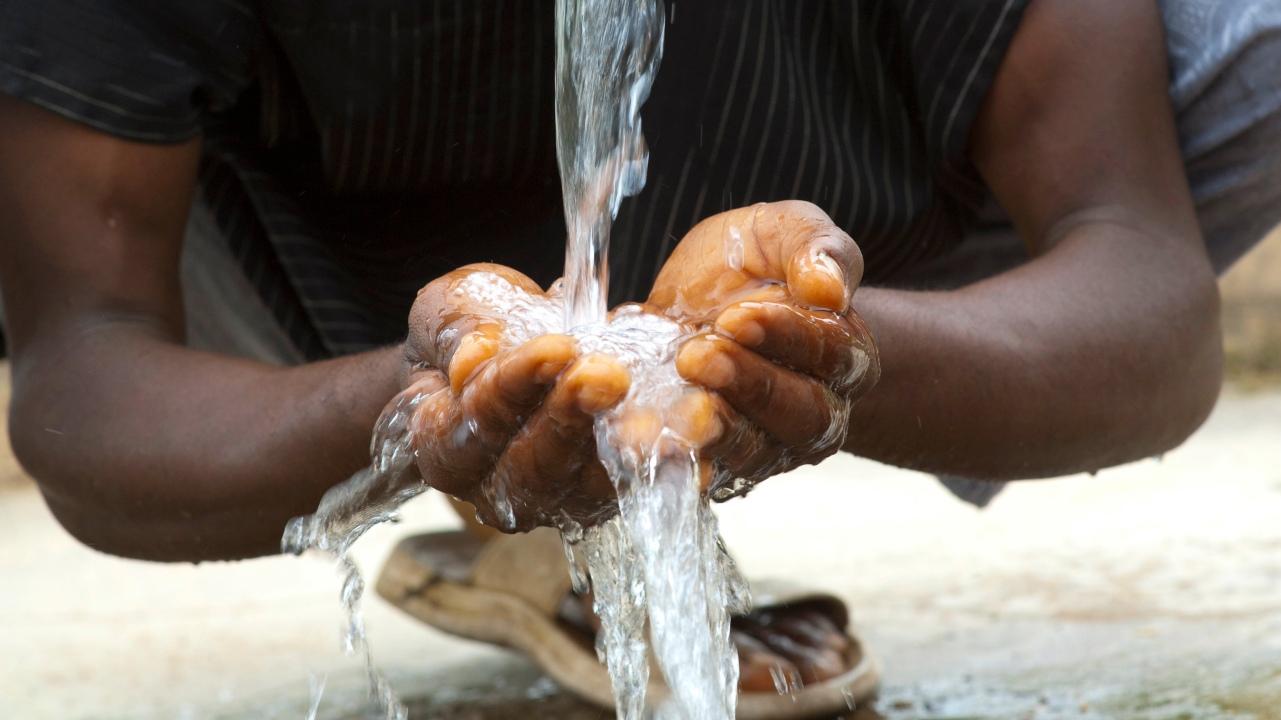Nigeria reportedly experiences one of the world’s largest illicit financial outflows, with Nigerian politicians among those accused of diverting funds to finance hubs such as London. In addition to concerns about the agencies responsible for overseeing the return of looted assets, questions remain over the will power and domestic capacity to challenge tax evasion largely perpetrated by western multinational corporations.
On 9 March 2021 the UK government agreed to repatriate to Nigeria about 4.2 million pounds (2.2 billion naira) of stolen funds recovered by its law enforcement agencies from a former governor of Delta State, James Ononafe Ibori. In February 2012, Mr Ibori pleaded guilty in a UK court to money laundering, conspiracy to defraud and forgery, and he was sentenced to a total of 13 years in prison. The return of the funds has triggered fireworks among activists, interest groups and the parliament about how and where the money should be spent. There are palpable fears that the funds could be re-looted through the country’s ineffective anti-corruption unit. However, the Nigerian government has agreed to use the stolen funds to help the country’s poor and improve citizens’ access to justice – a promise that is largely distrusted by the citizenry. Parliament has recently urged the government to halt the spending of the money outside its originating state.
The UK remains a popular destination for ‘dirty’ money
The recovered sum from Ibori is reportedly a tiny fraction of the total amount laundered by the politician and his associates, which is believed to be in excess of 200 million pounds. Other politicians such as Joshua Dariye, former Governor of Plateau, North Central Nigeria, has also been indicted in the UK under suspicion of laundering stolen monies. He was found to have purchased millions of pounds worth of properties, which was later confiscated before he jumped bail and returned back to Nigeria where he served as a Senator in the Nigerian National Assembly until 2019.
As Nigeria’s former colonial ruler, the UK has been a popular destination for corrupt elites who steal billions of pounds worth of government funds and invest them in extensive property portfolios, luxury goods or education for their children in exclusive British private schools. Ibori and Dariye may be some of the unlucky ones who are perceived as thieves. Nevertheless, many richer Nigerian politicians continue to keep their dubious assets safely across the world including in Dubai, Beirut, Cape Town and other countries, apparently undetected.
London has at least on paper commendably woken up to the reality of its reputation as a haven for ‘dirty’ money and appears somewhat ready to shed it – the reputation at least. It has agreed to confiscate and return criminal assets believed to be held within its jurisdiction.
Nigeria’s share of Africa’s illicit financial flows
Illicit financial flows drain tens of billions of pounds out of Africa every year, which happens in several ways including through abusive transfer pricing, over invoicing, tax evasion, use of offshore financial banking centres, the smuggling of cash and illicit goods and money laundering. It is now ten years since the report by the High Level Panel on Illicit Financial Flows from Africa, headed by former South African President Thabo Mbeki, revealed that 50 billion dollars leak annually from Africa to other global jurisdictions. Some said that was a conservative estimate and the sum may have been higher. In 2020, the United Nations Conference on Trade and Development (UNCTAD) estimated that Africa loses about $88.6 billion annually to illicit capital flight.
Out of this amount, Nigeria alone is said to account for about 10 billion dollars, according to the Independent Corrupt Practices and Other Related Offences Commission (ICPC). A report released by the Nigeria Extractive Industries Transparency Initiative (NEITI) put the figure as $15 billion to $18 billion annually. Global Financial Integrity ranks Nigeria as one of the largest countries experiencing illicit financial outflows in the world, an assertion re-echoed by the country’s Central Bank. These are monies that could be used for creating jobs, improving infrastructure, reducing inequality and addressing poverty.
In the last few years, some of the funds looted and stashed abroad by Nigerian politicians have been returned. Management of these funds, however, including the disposal of other proceeds from crime assets recovered by law enforcement agencies, continues to be a major cause of interagency rivalry amid suggestions of malpractice.
To this end, recently Nigeria’s parliament invited the new Chairman of the Economic and Financial Crimes Commission (EFCC) Abdulrasheed Bawa to explain the circumstances behind the hasty transfer of some forfeited assets to the Office of the Attorney General. In 2017, the government of Switzerland returned $320 million allegedly stolen by the Nigeria’s late military ruler Sani Abacha and another $311 million allegedly stolen by the same person was recovered and returned from the United States and Jersey; however, the level of transparency involved in the utilisation of these returned assets, and by who, has caused raging debates, especially among civil society groups.
In this latter case it was reported that two lawyers hired by the government, and allegedly linked to Attorney General Abubakar Malami, were paid $15 million as legal fees under circumstances described in the media as dubious and controversial. Another Swiss lawyer claimed that the legal costs for the repatriation had been fully covered in the past making the whole transaction look more suspicious. The Nigerian government entered a Memorandum of Understanding with the Swiss Government to third party civil society groups to monitor the expenditure of the repatriated Abacha loot to ensure it was used on programmes that target the poor and vulnerable. As part of this agreement, the African Network for Environment and Economic Justice (ANEEJ) based in Benin City, Edo State, coordinated civil society groups who monitored the re-distribution of the returned Abacha loot through a nationwide conditional cash transfer programme.
Strengthening controls following the pandemic
The unprecedented economic fallout as a result of the pandemic has led to enormous disruptions that must be fixed. The impact has been severe on developing countries already weakened by poor governance and weak regulatory oversight. Meanwhile, donor countries are proposing sharp cuts in their expenditure on foreign aid with expected consequences on the world’s poorest. The vulnerabilities of the health systems in these countries have been exposed by the pandemic as in desperate need of resources. Needless to say, countries need to look elsewhere to address the shortfalls. Addressing illicit financial outflows is one of the ways to forestall the negative impact on development financing and economic growth in countries like Nigeria.
Illicit financial flows are multidimensional and transnational in character. They involve a complex network of interconnected players from banks, company directors and employees to such professionals as lawyers and auditors. Successfully tracking illicit financial flows is a multifaceted endeavour that requires political will both nationally and internationally. Efforts must be made to reduce the bureaucracy involved in the repatriation of stolen funds through simplifying Mutual Legal Assistance Agreements between source and destination countries. The same political elite who allegedly engage in these practices cannot be relied on to push policies against it lest they become victims of their own efforts. Alternative complimentary mechanisms must then be sought.
That the global North is the primary beneficiary of these financial flows means its countries continue to show a skin-deep commitment to preventative measures or acts of rectification. Criminal funds are deposited in their banks where they benefit their economies and serve their interests. As the headquarters of the global shadow financial system, a majority of the world’s tax havens and secrecy jurisdictions are under territories occupied and controlled by western powers.
Time to think globally to act locally
The ball remains in the court of developing countries like Nigeria to take the bold step of tracking and reclaiming illicit funds and utilising every available framework within the international system. There is a need to develop necessary tools and domestic capacity to challenge tax evasion perpetrated especially, but not exclusively, by multinational corporations. Stakeholders insist that monitoring mechanisms remain weak, maintaining that the Central Bank of Nigeria has not done enough to stem the tide of money laundering by omitting policies that sufficiently deter looters.
An important lesson learnt during the pandemic is how the price of commodities, such as oil, can so easily fluctuate and leave non-diverse economies wanting. For Nigeria, whose economy is solely dependent on oil, it may be the right time to move from reflection to concrete action to supplement any current and future shortfalls.
Photo by Paul Basel from Pexels






An excellent exposition on the phenomenon to f illcit asset flows and the recovery mantra of Post-Covid 19 agenda. Dr. Igwe is a social commentator that understands the system and people well enough to give accurate review on the subject of stolen asset recovery.
This is another wake up call to this government. Facts like this should be taking to the bank, transacted, and withdrawn with results that will move this great Nation forward.